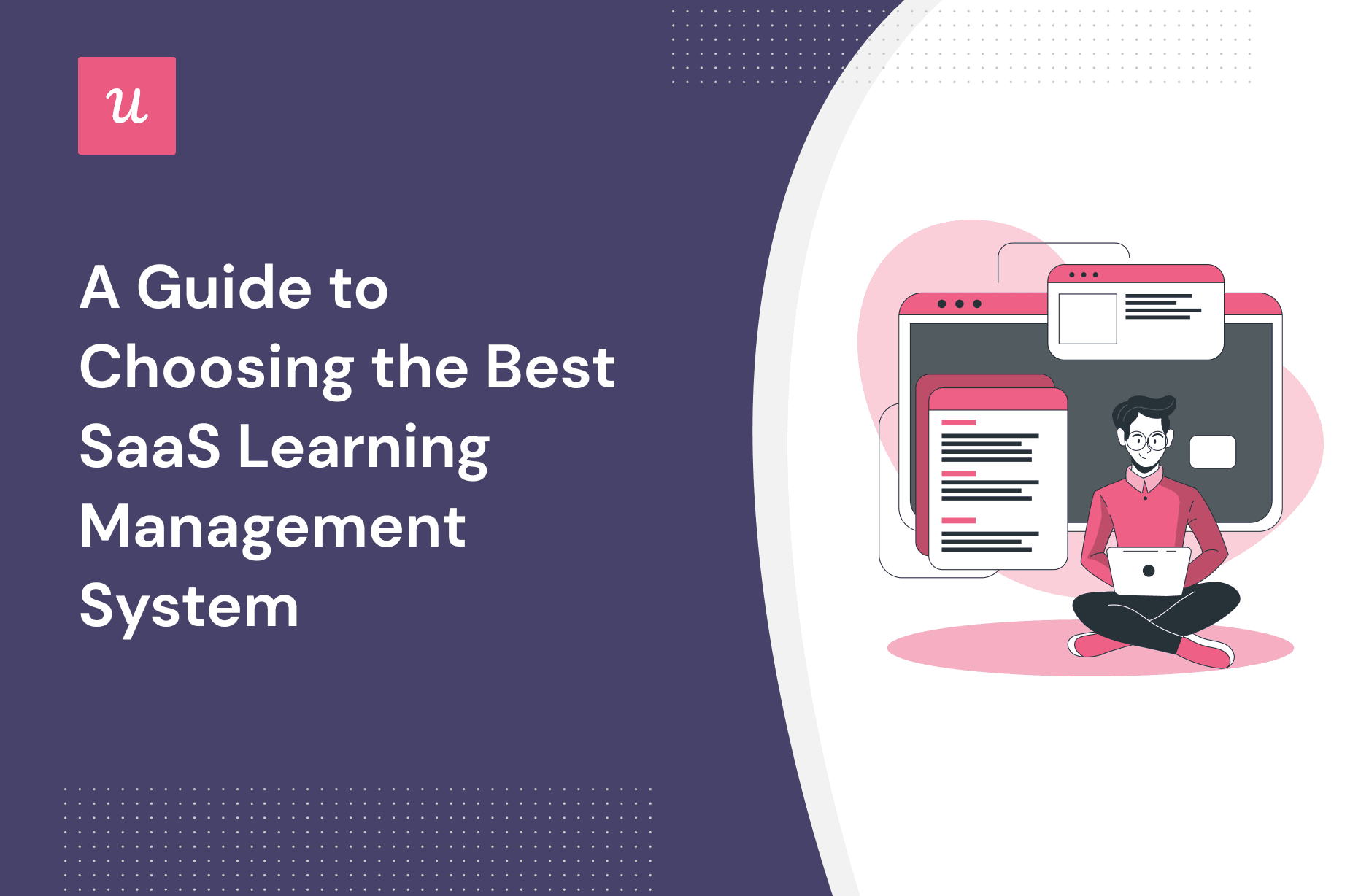Choosing the very best Understanding Monitoring System for Your Company
Selecting the ideal Knowing Management System (LMS) for your organization is a diverse decision that needs cautious factor to consider of numerous elements. From defining exact learning objectives that reverberate with your calculated vision to evaluating user experience, each variable plays a pivotal duty in the general effectiveness of the system. In addition, recognizing combination capacities and making certain scalability for future requirements can not be forgotten. As organizations strive for performance and growth, the selection of an LMS becomes significantly significant. What are the critical factors to consider that can influence your decision-making procedure?
Specify Your Learning Goals
Specifying clear knowing purposes is essential for the effective implementation of a Discovering Management System (LMS) These purposes offer as a roadmap, directing the growth of web content, analyses, and overall educational methods within the LMS. By developing certain, quantifiable, attainable, pertinent, and time-bound (CLEVER) objectives, organizations can guarantee that the understanding experiences are aligned with their tactical objectives and learner requirements.
Reliable understanding objectives should encapsulate what learners are expected to know or be able to do upon completion of a course or training program. This clarity not only aids in content creation however likewise assists in the examination of student development and the general efficiency of the LMS. Singapore LMS. In addition, distinct goals make it possible for stakeholders to assess whether the chosen LMS attributes and capabilities straighten with their instructional objectives.
Assess User Experience
Once discovering goals have been established, assessing customer experience becomes a vital following action in picking a suitable Learning Monitoring System (LMS) User experience incorporates the general complete satisfaction and ease with which students communicate with the system. A well-designed LMS must help with instinctive navigation, guaranteeing that customers can find courses, products, and assistance easily.
To evaluate customer experience, think about performing functionality screening with a representative example of end-users. This can offer valuable understandings into just how learners engage with the system. Secret factors to review include the LMS's interface layout, ease of access attributes, mobile compatibility, and the clearness of instructions given. User responses is essential; accumulating studies or conducting meetings can disclose usual pain points and locations for renovation.
Furthermore, review the schedule of assistance sources, such as tutorials and help centers, which can improve the customer experience. The responsiveness of consumer assistance is additionally crucial; timely support can substantially minimize aggravations that individuals may come across. Inevitably, picking an LMS that focuses on customer experience not just improves the finding out procedure yet also cultivates greater involvement and satisfaction amongst learners.

Evaluate Integration Abilities
Acknowledging the value of smooth capability, reviewing integration capabilities is essential when choosing a Knowing Administration System (LMS) An efficient LMS must assist in interoperability with existing systems, such as Human Source Administration Solution (HRMS), Client Connection Administration (CRM) platforms, and other instructional devices. This assimilation boosts information flow, decreases administrative burdens, and ensures a natural understanding setting.
When examining an LMS, think about the kinds of integrations offered. Look for Application Shows User Interfaces (APIs), Single Sign-On (SSO) capabilities, and pre-built connectors that streamline assimilation procedures. In addition, validate the LMS's capacity to incorporate with third-party tools, such as content collections or evaluation systems, which can significantly improve the learning experience.

Consider Scalability and Flexibility
As companies develop, the ability of a Learning Monitoring System (LMS) to range and adapt comes to be progressively important. A scalable LMS can suit growth view it now in customer numbers, program offerings, and content without jeopardizing performance or customer experience. As services expand, whether via raised workers, brand-new places, or varied training requirements, the LMS needs to effortlessly grow along with these adjustments.
Flexibility is just as important; an efficient LMS should sustain different learning modalities, such as online, blended, and mobile discovering. he said This adaptability permits organizations to react rapidly to arising trends in training and growth, guaranteeing that they can use appealing and pertinent knowing experiences - Learning Management System Singapore. In addition, the system should supply personalized attributes, enabling organizations to customize the LMS to their details requirements and branding
Additionally, an adaptable LMS should integrate easily with existing systems and devices, facilitating a cohesive knowing environment. Hence, when selecting an LMS, it is vital to analyze not just its current capabilities yet likewise its prospective to expand and adjust in alignment with the organization's tactical goals and developing discovering requirements. This foresight can substantially boost the lasting feasibility of the selected LMS.
Review Prices and Budgeting
When examining a Discovering Management System (LMS), examining costs and budgeting is important to ensure that the financial investment straightens with the organization's strategic purposes and economic abilities. Organizations should start by recognizing the overall cost of possession, that includes licensing charges, implementation prices, upkeep, and any kind of added expenses such as training and technical assistance.
It is critical to compare various LMS choices, as pricing designs click over here can vary dramatically among vendors. Some systems may offer a subscription-based design, while others may bill a single charge. Organizations should additionally think about the scalability of the LMS; as they expand, the expense structure may transform, impacting lasting budgeting.

Final Thought
Selecting a suitable Discovering Administration System (LMS) is essential for accomplishing business learning purposes. Eventually, the right LMS serves as a pivotal tool in cultivating an efficient discovering atmosphere and driving organizational success (LMS SG).
Picking the optimum Discovering Administration System (LMS) for your organization is a multifaceted choice that calls for cautious consideration of various components.Specifying clear understanding goals is vital for the successful implementation of a Knowing Management System (LMS)Once finding out goals have been developed, examining individual experience becomes an essential following step in picking a suitable Learning Monitoring System (LMS)As organizations evolve, the capacity of a Discovering Management System (LMS) to range and adapt comes to be increasingly important.Choosing a suitable Understanding Administration System (LMS) is vital for achieving business discovering objectives.